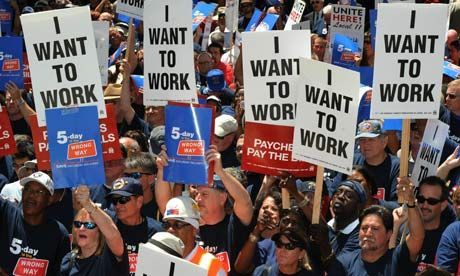REUTERS.COM: At 29, Samira Ahidar just got a permanent job, her first.
Ahidar, who still lives with her parents, dropped out of school a decade ago and her adult life has been dominated by the search for work. She would still be jobless if it were not for a job creation scheme that employs her at an elderly care home.
"I've no idea where I'll be in five years time," said Ahidar, dressed in an orange apron that comes with her new role. "It is so hard to find work, you feel like giving up."
Ahidar does not live in Greece or Spain, countries where as many as one in two young people are without work, but in the wealthy Belgian port city of Antwerp. With its stunning 16th-century Gothic houses, the city is a world centre for diamond trading and boasts a cutting-edge fashion industry. It also has a fast-growing number of unemployed twentysomethings.
Youth unemployment is notoriously a problem of southern Europe. What is less obvious, as the euro zone slips into its second recession in just three years, is the scale of the problem in the north. » | Robin Emmott and Robert-Jan Bartunek | ANTWERP, Belgium | Friday, September 21, 2012


